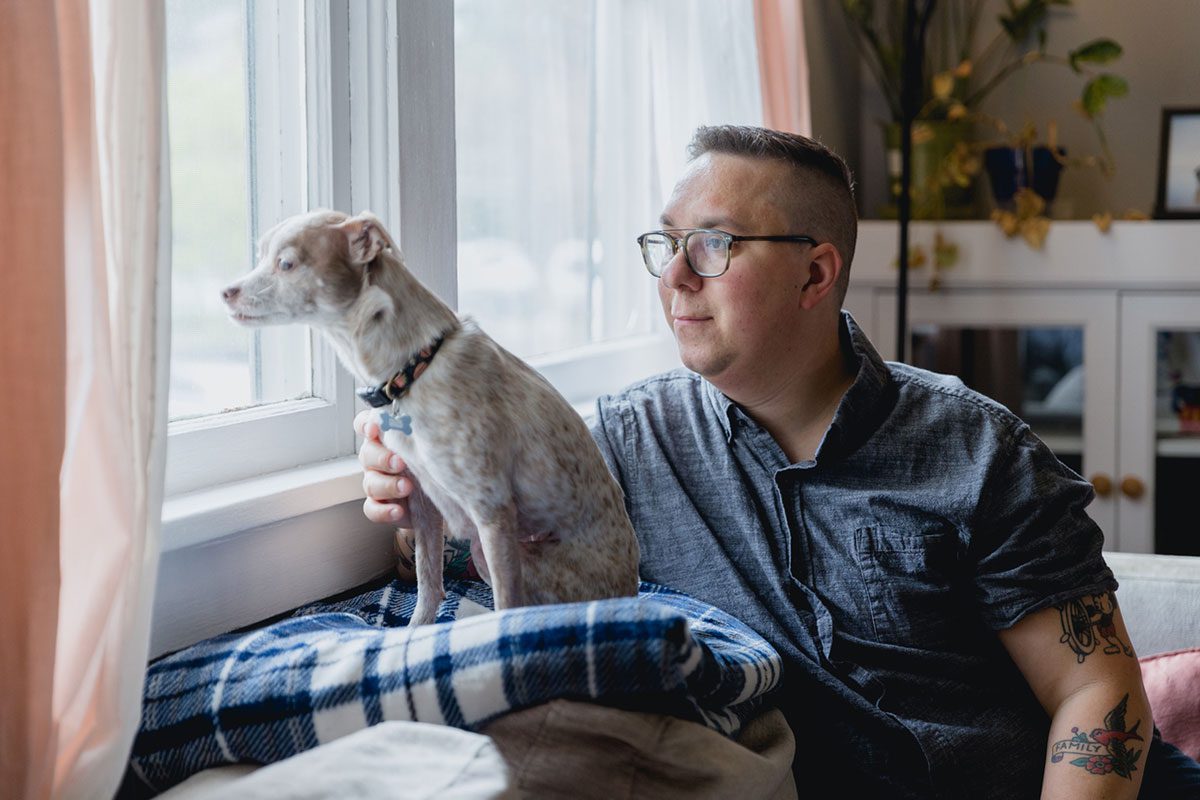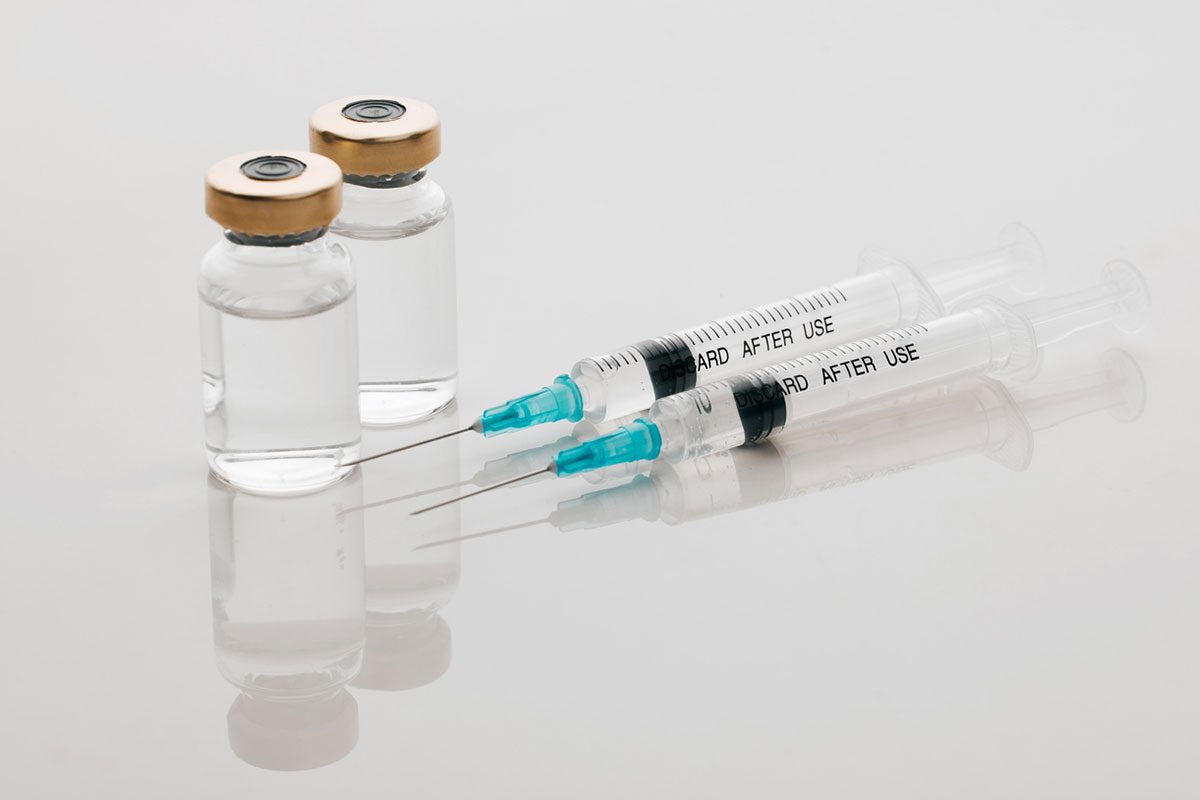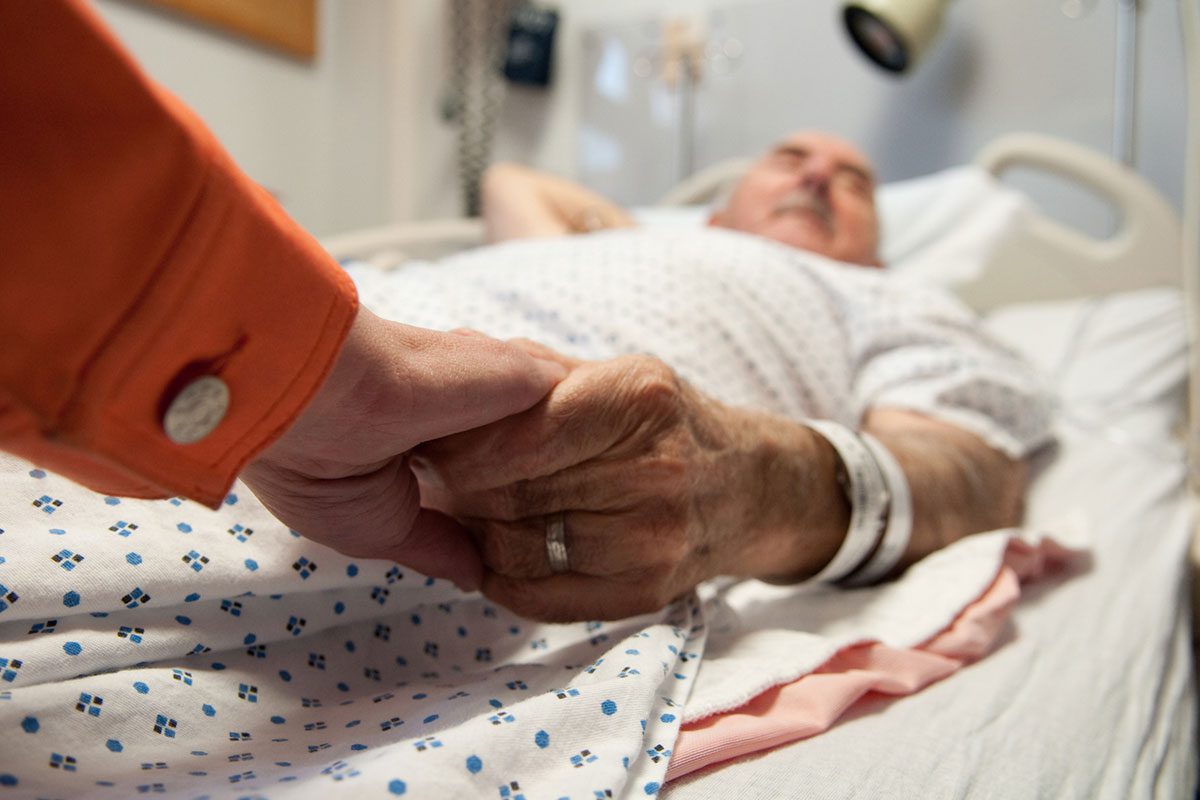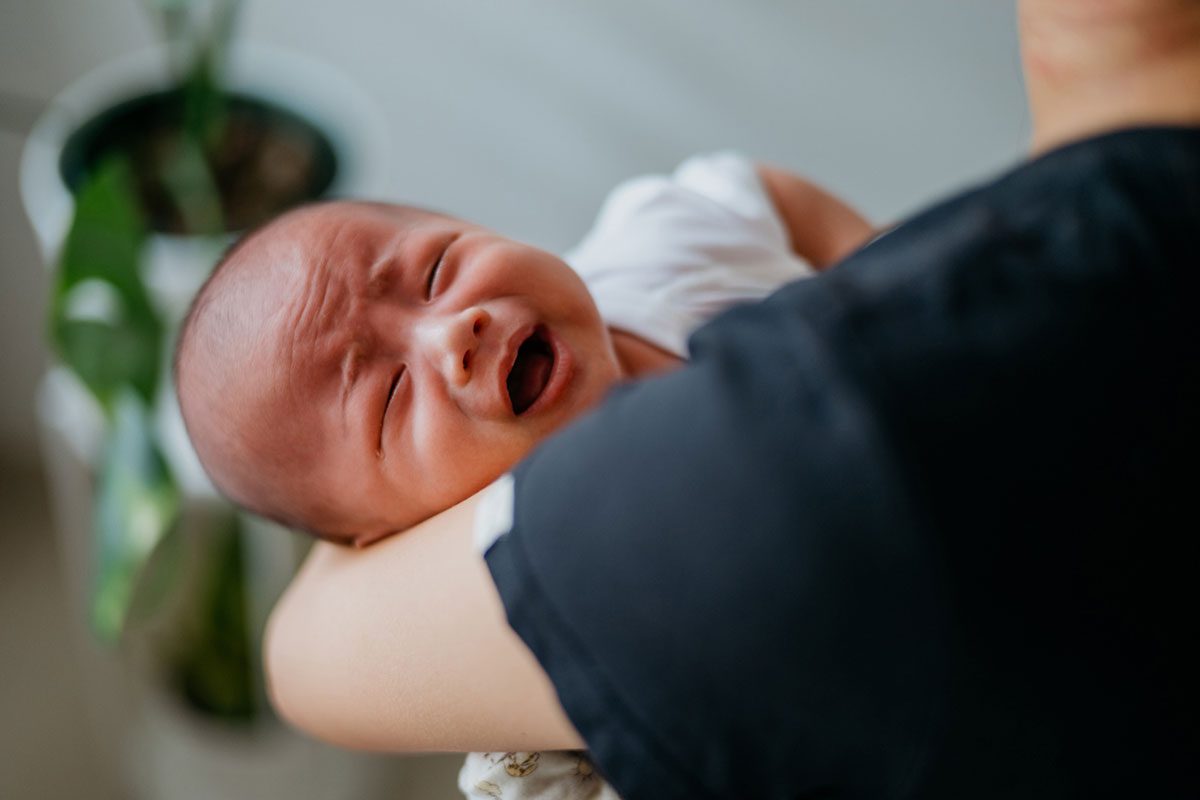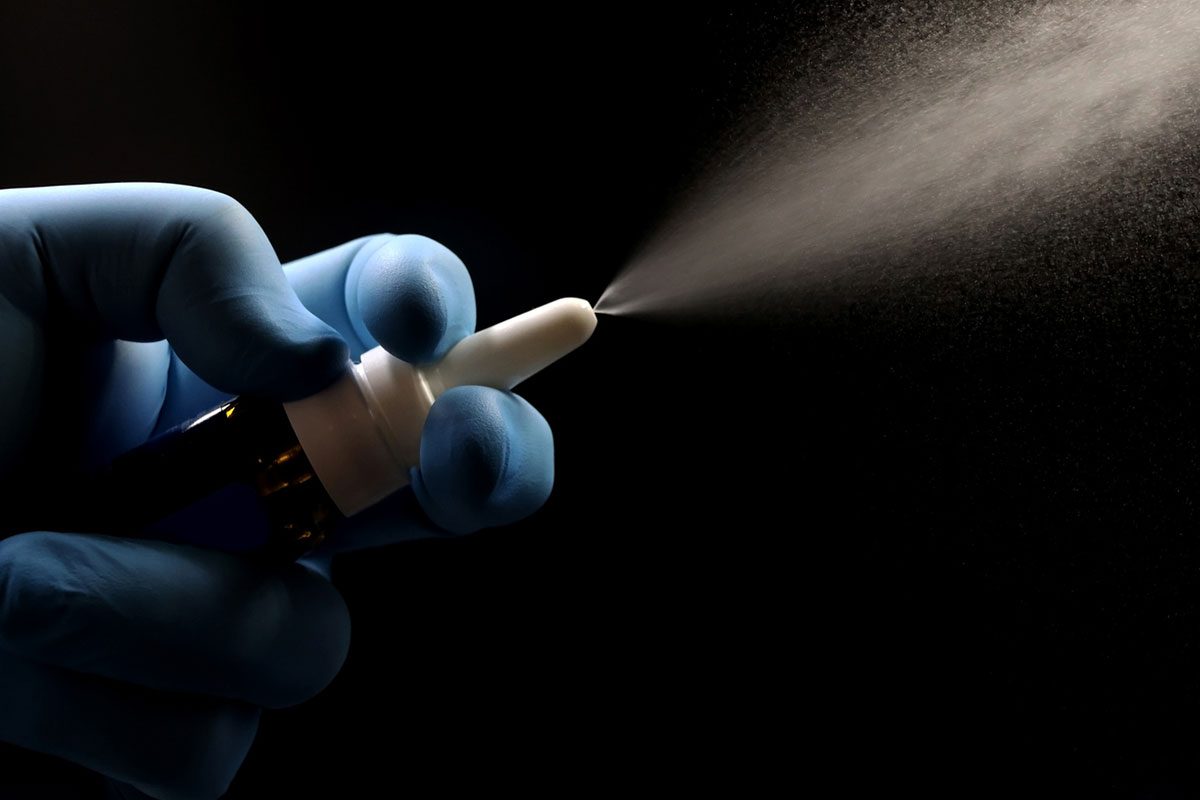Empowering mental health professionals with peer-reviewed psychiatric research and insights
Page 13
More JCP Articles
Original Research
Appetite Hormone Regulation Biotypes of Major Affective Disorders
April 9, 2025
Three appetite hormone regulation biotypes were identified among patients with major affective disorders. They were associated with proinflammatory cytokine profiles and executive function, with one biotype group showing poorer…
Original Research
Older Adults Visiting Emergency Departments for Mental Health Issues:A CHIRPP Database Study
April 2, 2025
Suicidal ideations and neurocognitive disorders were the most frequent diagnostic impressions, with males at higher risk of neurocognitive and substance use disorders. Patients 85 or older were more likely…
Joint Statement on Federal Concerns About Psychotropic Medication Safety
March 24, 2025
The safety and efficacy of traditional antidepressants, antipsychotics, and mood stabilizers (such as lithium and some anticonvulsants) and stimulant medications have been established through decades of rigorous research, randomized…
